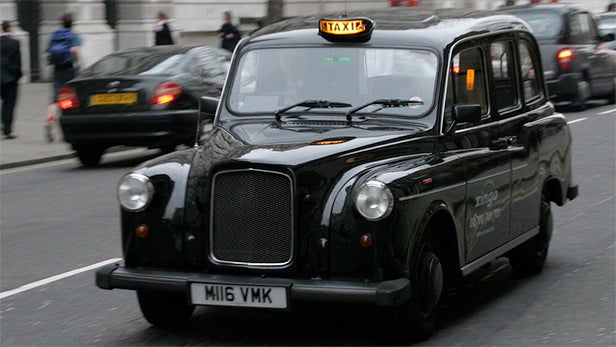War on Uber: London black cabs will take contactless payments next year

London taxis are facing an uphill battle against Uber, but it’s just gained a little ground.
Transport for London has announced that taxis in the UK capital will be required to accept card payments.
What’s more, the measures also demand that contactless payments are accepted too.
Taxis will have to comply with the new rules starting from October 2016.
“
But does this mean you’re going have an added surcharge tagged onto your next taxi fare? Well, yes and no.
TfL says it has negotiated with the credit card industry to bring down the cost of card payments for drivers.
Instead of paying transaction fees up to 10%, the charge will now be 3% or less of the transaction.
However, it has been proposed that the basic fare – that’s what you start your journey on – is increased from £2.40 to £2.60 to help cover the cost for drivers.
So while passengers won’t be charged extra depending on how they pay, all customers will be subsidising the new payment method.
“Consumers are increasingly choosing to pay with cards as a convenient and secure alternative to cash,” explains Richard Koch, Head of Policy at The UK Cards Association.
Related: Black Friday Deals UK
Unfortunately, the new plans might not be enough to slow the tour de force that is Uber.
The company’s market share is growing globally, and it will be tough for cabbies to claw that back.
While accepting card payments is certainly long-awaited progress, it doesn’t really compare to the end-to-end service offered by Uber.
(apester:5657160541f2d0122bbf2e33)


